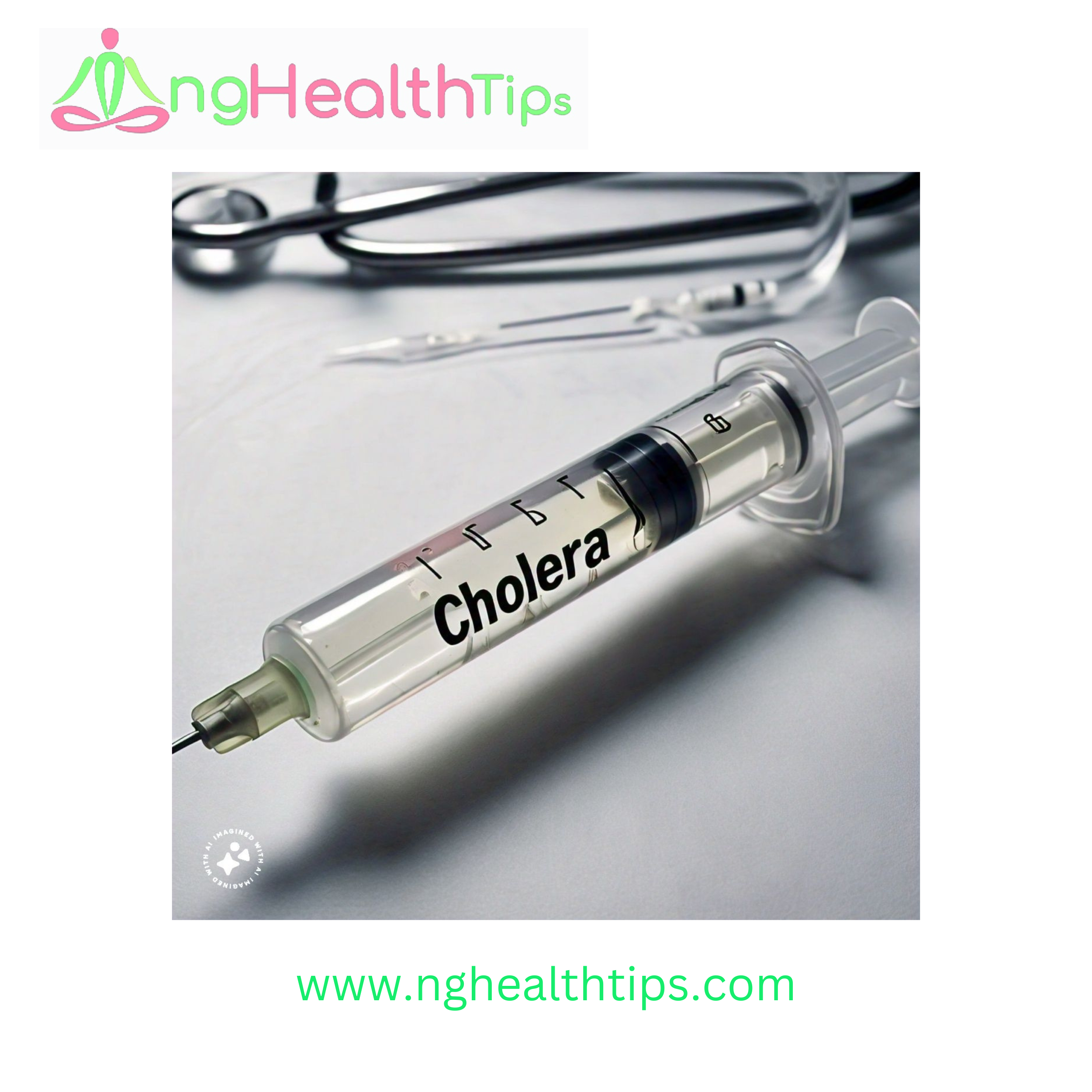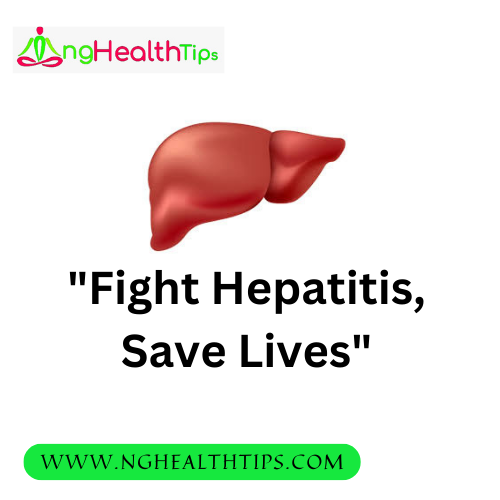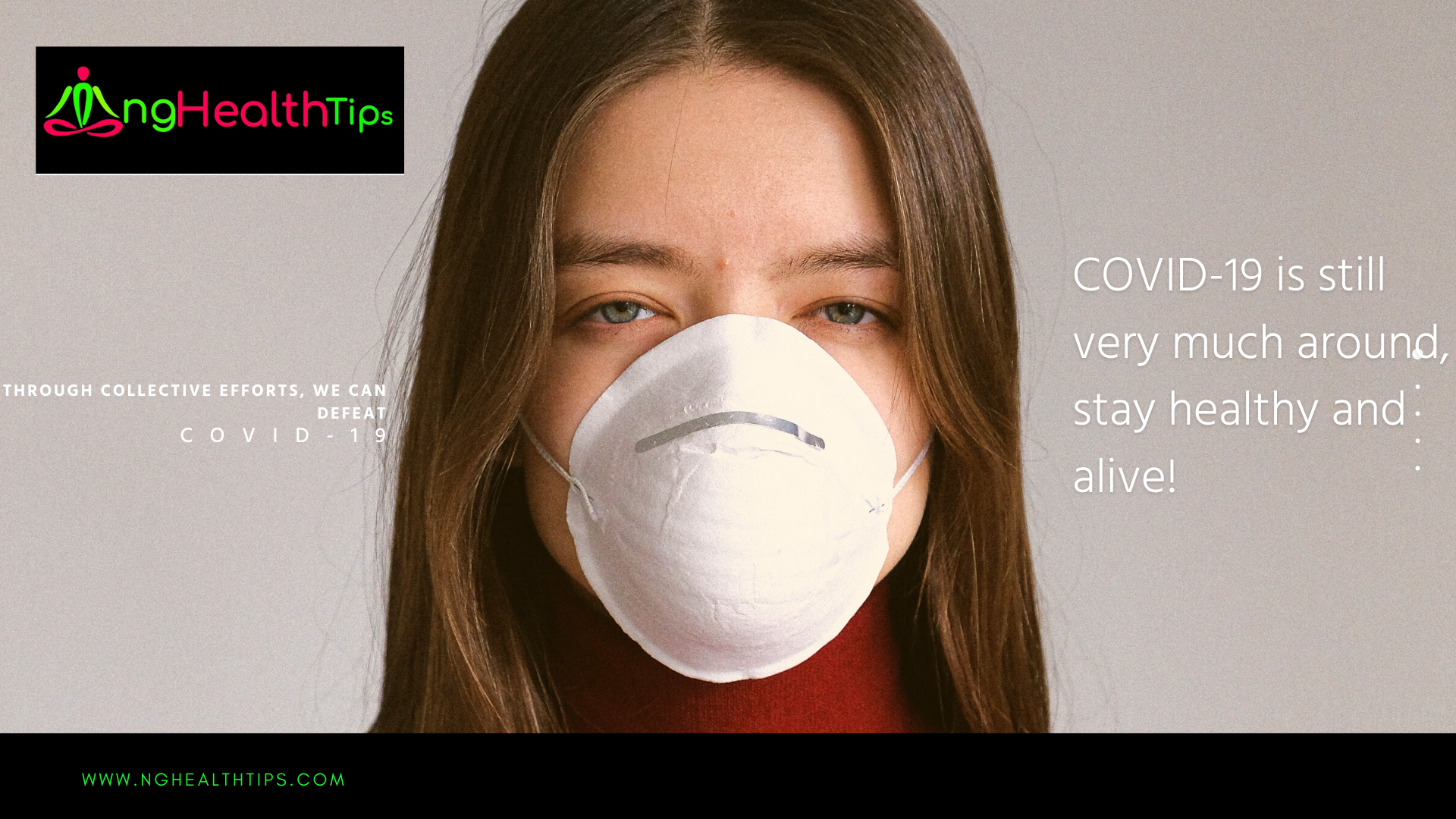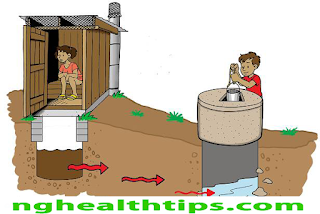Outbreak of water borne Diseases
Water has been known to play a very crucial and important role in humans’ life and it is also necessary for other forms of life.
Though water does neither gives organic nutrients nor calories but its importance can never be over emphasized.
A good potable or drinking water is said to be colourless, odourless, and tasteless as anything outside these is not good enough for consumption.
However, there are certain diseases that are associated with water which is called water borne diseases.
This condition occurs as a result of drinking water that are dirty or already contaminated water. Parts of the ways by water becomes contaminated includes, direct or indirect access of faeces into the water, oil spillage especially in oil region etc.
These can leads to gastrointestinal tract (G.I.T) diseases such as diarrheal diseases, Cholera, Guinea worm disease, Typhoid, and Dysentery. G.I.T is simply a condition where by humans directly or indirectly ingest faeces into the body.
Diseases related to water has been recorded to have caused deaths of about 3.4 million per year and it is on its increase most especially in developing countries.
Causes of water borne illness and how it spreads
Unsafe water and poor sanitation: – Waterborne illness or disease occurs as a result of drinking contaminated water by a variety of disease causing organisms (pathogens), biotoxins, and toxic contaminants which are not visible by the used of the naked eyes.
Waterborne disease causing microbes can also be contracted by eating/swallowing food or beverages that enter into their mouth.
Thus, they are transmitted to get infected like dirty hands, cooking vessels, dirty.clothes, mugs, uncovered foods and drinking water.
Contact with animals (e.g flies)or their environment (e.g defecating in the open), or from one person to another.
Climate change-induced: – flooding for example can disperse faecal contaminants, increasing risks of outbreaks of waterborne diseases such as cholera.
Several precipitation events (rainfall, snowfalls) often results in water borne disease outbreaks.
A rise in sea temperature can result in spread of diseases caused by Vibrio bacteria such as cholera and other intestinal diseases.
Other climatic change induced causing water borne diseases include: drought, change in oceans PH and coastal ecosystem.
Commonly recognized waterborne infections are:
Cryptosporidiosis (Cryptosporidium), Escherichia coli O157:H7 Infection (E. coli O157), Giardiasis (Giardia), Hot Tub Rash (Pseudomonas Dermatitis/Folliculitis), Legionellosis (Legionella), Naegleria and Amebic Meningoencephalitis, Norovirus Infection (aka Norwalk virus, calicivirus, viral gastroenteritis), Shigellosis (Shigella), Swimmer’s Ear (OtitisExterna), Swimmer’s Itch (Cercarial Dermatitis).
People at Risk of Acquiring Water Borne Disease
Water contamination endangers people especially those who have low immunity power as well as travelers.
Types and Symptoms of Waterborne Diseases
Amebiasis: caused by protozoa. Symptoms include fatigue, loss of weight, diarrhea abdominal pain and weight loss.
Campylobacteriosis: caused by bacteria. Symptoms include diarrhea, abdominal pain and fever.
Cholera: caused by bacteria. Symptoms include muscle cramps, puking and diarrhea.
Cryptosporidiosis: caused by protozoa. Symptoms include diarrhea and abdominal discomfort.
Giardiasis: caused by protozoa. Symptoms include diarrhea and abdominal discomfort.
Hepatitis: caused by a virus. Symptoms include fever, yellowness of the eye, dark coloured urine, cold and abdominal distress.
Shigellosis: caused by bacteria. Symptoms include blood in faeces, diarrhea and fever.
Typhoid fever: caused by bacteria. Symptoms include fever, headache, constipation, diarrhea, nausea, vomiting, loss of appetite and an abdominal rash.
Viral gastroenteritis: caused by a virus. Symptoms include gastrointestinal discomfort, diarrhea, vomiting, fever and headache.
Other symptoms can include skin, ear, respiratory, or eye problems, low fever, abdominal pain and frequent bowls or stools.
Health Effects of Contaminated Water
The health effects of drinking contaminated water can range from no physical impact to severe illness or even death.
Health impact of drinking contaminated water can sometimes be noticeable and discovered instantly, or for many years may be asymptomatic.
These include gastrointestinal and stomach illnesses like: nausea.
Freshwater resources all over the world are threatened not only by over exploitation and poor management but also by ecological degradation source of freshwater can be contaminated, this could be as a result of discharge of untreated waste, dumping of industrial effluent (chemical e.g lead, mercury etc)and erosion from agricultural fields.
Industrial growth, urbanization and the increasing use of synthetic organic substances have serious and adverse impacts on freshwater bodies.
Most developed countries suffer and face difficult challenges such as problems of chemical discharge into the water sources mainly ground water and also agricultural run-off in water sources.
Polluted water like chemicals in drinking water poses problem to health of individuals resulting into water-borne diseases.
Prevention
Preventing waterborne diseases requires high level of commitment and standards.
They are: Maintain a high level of sanitation and hygienic practices for household water.
These measures may include
1. Sanitary sewage disposal.
2. Safe water piping materials and storage of water.
3. Check the label of bottled water or drinks for expiry date and sealed before consumption and be sure your bottled water is kept in a dry place out of direct sunlight.
4. Avoid exposure of water supply to harsh chemicals or pesticides.
5. Make sure nails are cut short.
6. Wash your hands properly with soap and warm water before and after eating, use of the toilet etc.
7. For rural dwellers, boil drinking water; consume only freshly cooked or warm foods not half cooked, pre cooked or refrigerated.
8. For travelers, avoid eating foods, fruits, beverages from roadside vendors as they may be exposed to flies.
9. Do not bite nails with the teeth as an aid to cutting it.
10. Use of proper toilets for defecation.
11. Ensure to take proper care in disposing of infant and toddler feces.
Control of Water Borne Diseases
Water borne diseases can be controlled through:
1. Education on practicing hygienic behaviours.
2. Carbon sequestration.
3. Water reuse and recycling.
4. Protecting wetlands to reduce damage to water quality from severe storms.
5. Avoid self medication, over the counter drugs. Get proper advice from a qualified medical doctor.
Article written by:
Olofintuyi Oluwaseyi O










Enter your comment…
Nice Sire,this article really helped me on how to take care of my water and everything around me to prevent water bone disease.thanks
PHILEMON RUTH
ASir,I real thank you alots because these outbreak of water bone diseases help me in many ways how to prevent water with out contact any diseases. By ZAKARI MAHMUDU LIMAN.
Good day sir very nice articles but sir in remote areas like village they consumed stagnated water in dry season very much.sir what are the measure of this promiscuous altitude? Idris abubakar (Nafdac)
I mean dreadful altitude
Sir…People with water-borne diseases occupy more than 50% of hospital beds across the world. Does the answer lie in building more hospitals? Really, what is needed is to give them clean water.by ISAH ALFA DAUDA
Sir, water-bone disease are any illness caused by drinking water contaminated by human or animal faces, which contain pathogenic microorganisms. What about those people living in rural area that are not access to clean water, so how are they going to prevent these water bone diseases. By ZAKARI MAHMUDU LIMAN
Sir, we all know that water is a played very crucial important role in life like from instance those oil states that are close to water and their water is mixed up crude oil. How are they going to prevent these water bone diseases. By MARYAM ABUBAKAR DADI.
According to the article,water does neither gives organic nutrients nor calories.my question is what is the use of water in our body?:LUKMAN ADAMU ABAGA
Traditionally rainwater is said to be the purest water in the world, how does it cause water borne disease?
How does snowfall cause water borne disease while it is not a water?
How does snowfall cause water borne disease while it is not a water?
:By USAMA IBRAHIM
Nice sir
Nice article By YAHAYA ALIYU
This comment has been removed by a blog administrator.
nice article sir by garba Ibrahim b